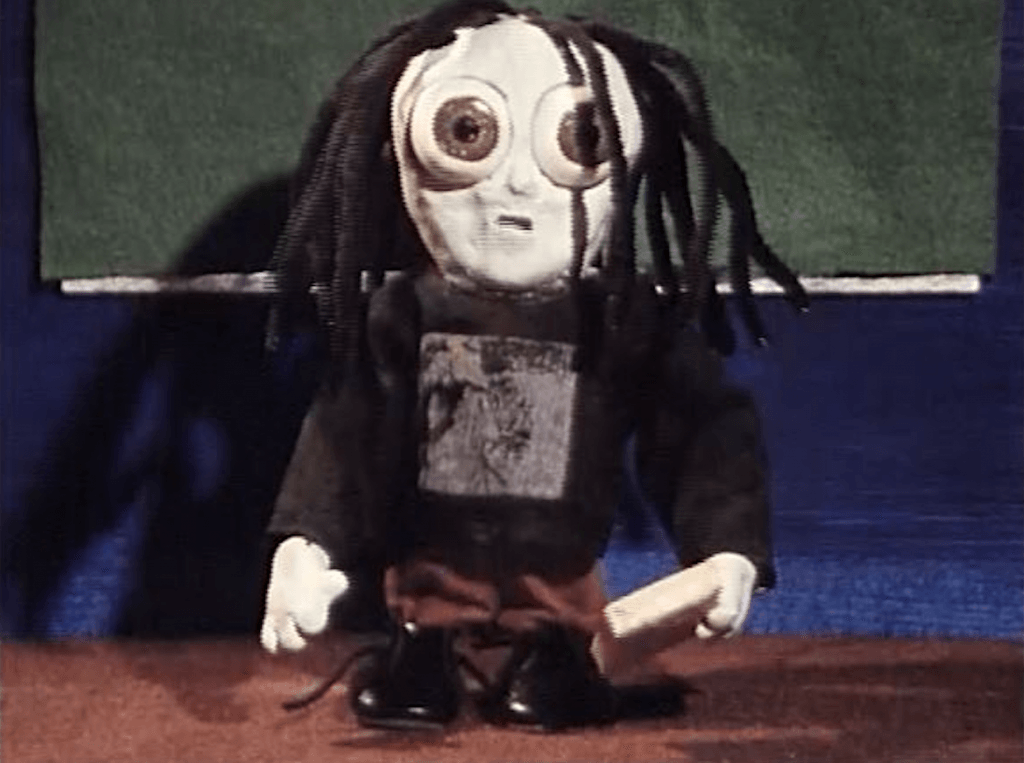Let’s get digital: an archive of work by VCA film graduates, coming soon

2019 will see the much-anticipated launch of a Digital Archive featuring work by VCA Film and Television graduating filmmakers across the decades.
By Donna Lyon-Hensler
The Victorian College of the Arts Digital Archive Project is a historic, social and cultural time-capsule consisting of short films created by graduating Film and Television students. With works dating back to 1966, it aims to provide and preserve online access to student film long into the future for teaching and research purposes.
Since 2016, around 500 celluloid films and more than 1,200 magnetic tapes (originally housed on Digital Betacam, Betacam SP and HDCAM) have been digitalised, including works by early graduates from the former Swinburne School of Film and Television, which transferred to the VCA in 1992. We now have digital versions of all graduate films, along with their accompanying metadata.
So how did we get here?
Presently, I am lecturing for the VCA’s Master of Producing course but, in 2013, I started working at the VCA as the Screen Production Coordinator and quickly discovered that the process of accessing films was cumbersome and difficult.
When the department was asked to curate a festival collection, the selection was based on staff members’ memories – meaning, inevitably, that many important films had been forgotten.
And, as we were fast heading into the digital age, there was also an increasing expectation from students that their work be showcased on digital platforms. So, seeing that magnetic media and film were under the threat of obsolescence, I started the digital archive project.
The project started humbly enough in 2016, with 50 films released on YouTube to coincide with the VCA FTV’s 50th anniversary. These were films chosen for their social, aesthetic and historical significance.
In 2019, all the graduate films will be released via a bespoke digital repository, so that Film and Television staff and students can access the films of their predecessors. Students will also be able to create playlists, input metadata, upload stills and scripts and download a digital copy of their own film to show family and friends and submit to film festivals.
We will also release more curated collections on our YouTube channel with thematic articles exploring the breadth of the collection, looking at issues such as loss of innocence, sexuality, and death. Commissioned writers will consider representation of disability in film, as well as LGBTQIA* and the international student experience.
Those articles, films and responses will be published, in the first instance, on our Faculty’s public-facing website, Precinct, and subsequently to our very own digital archive project page.
Why does this matter?
Well, short films are often regarded as an experimental medium, as leveraging tools for the writer, director and producer to gain access to larger pools of money to make bigger works. When telling their short stories, students often enter into political, cultural, religious or social discourses for the first time.
The beauty of this collection is that many of these films are often unfinished and un-contextualised. But within this rawness there is also authenticity. The lack of polish is refreshing in a world where everything is highly crafted to manipulate. Students who make films are still finding, defining and creating their voice and often, inadvertently, manage to perfectly capture the zeitgeist.
Five films to watch out for in the Digital Archive:
The Corn is Flowering (Director: Dongmei Li. 2015).
Set in remote China, this film is a gentle and meditative story about how a family deals with a dying grandfather, as seen through the eyes of his six-year-old granddaughter. Screened at Munich Filmschoolfest (2016) and nominated for an ADG award for best student film.
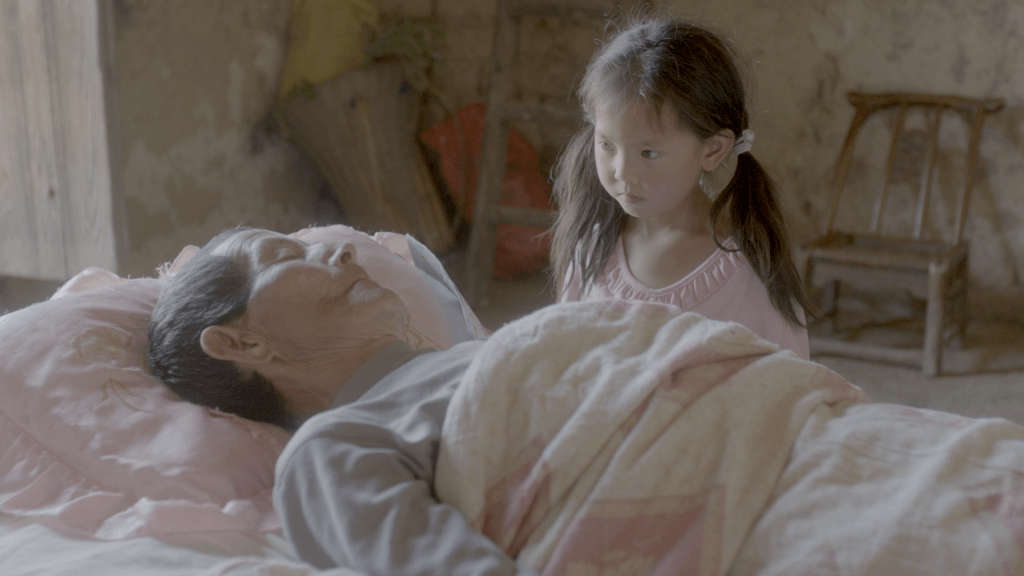
The Kid in the Closet (Director: Melodie Shen. 2013).
A beautifully crafted and oddly comedic film about sibling rivalry set amid the one child policy in China. This film won best undergraduate production in 2013.
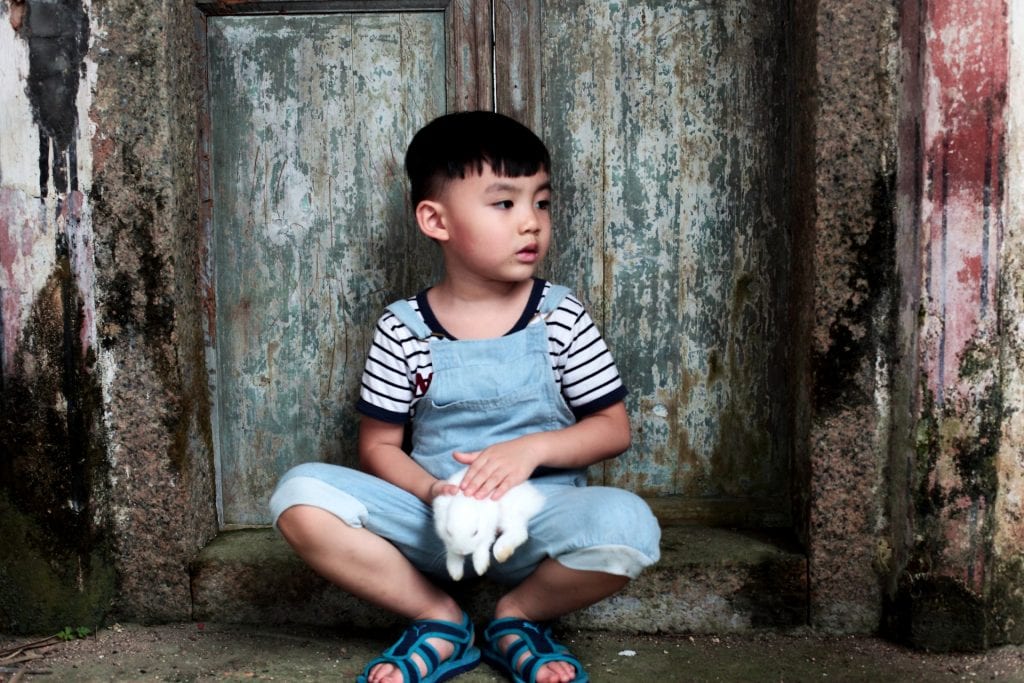
End of Town (Director: Julius Avery. 2005).
A story of a girl who desperately wants to escape her country town. This cinematic gem (shot by Adam Arkapaw) helped launch the career of Avery.
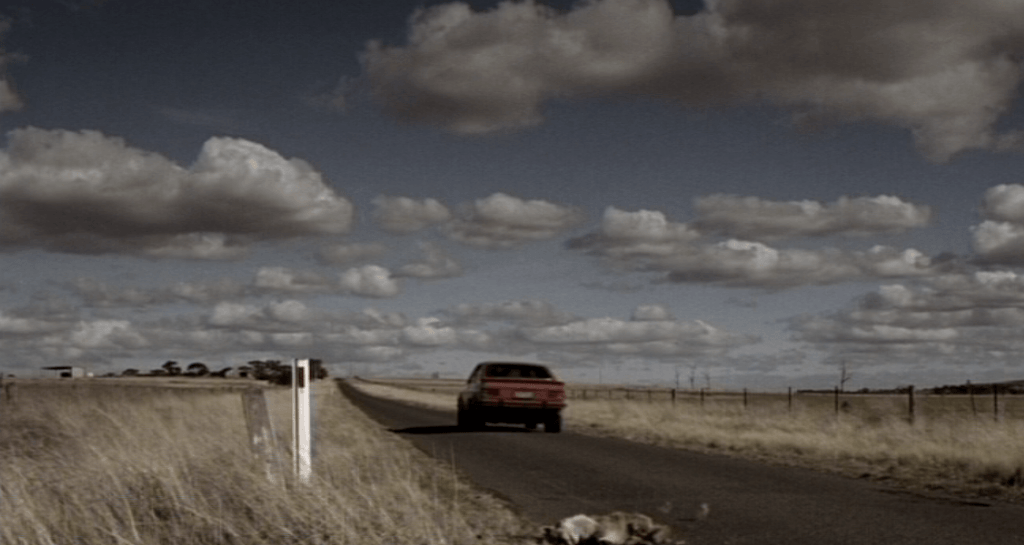
MyMy (Director: Anna Helme. 2013).
A hybrid of narrative, doco and video art, this film is surreal and captivating.
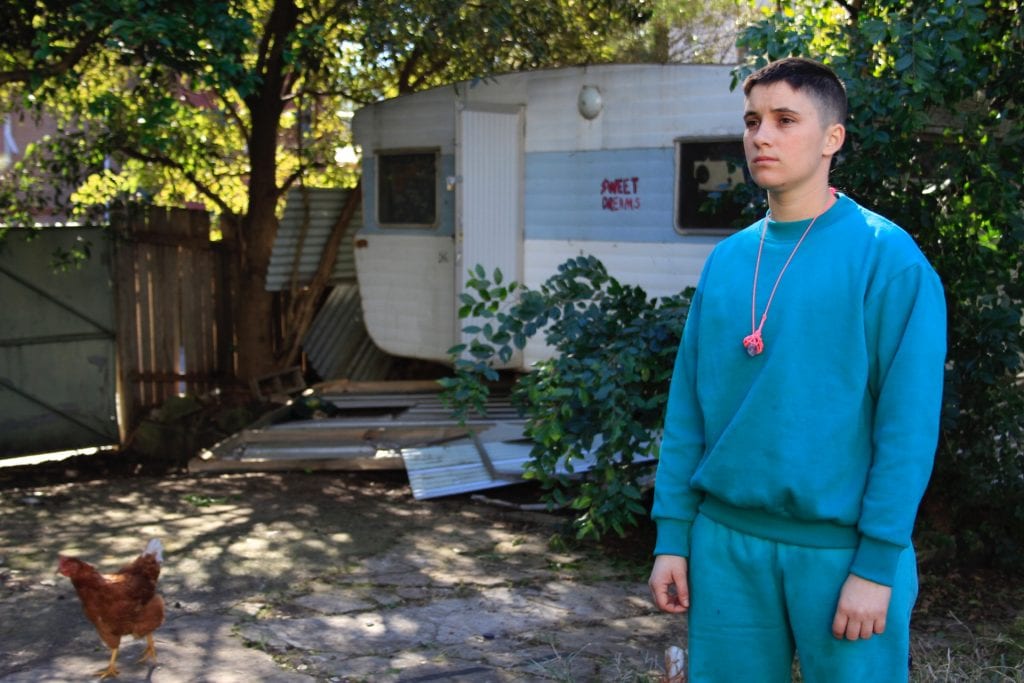
Grounded (Director: Adrian Papworth. 1997).
A plasticine, heavy-metal odyssey. Weird and wacky.
